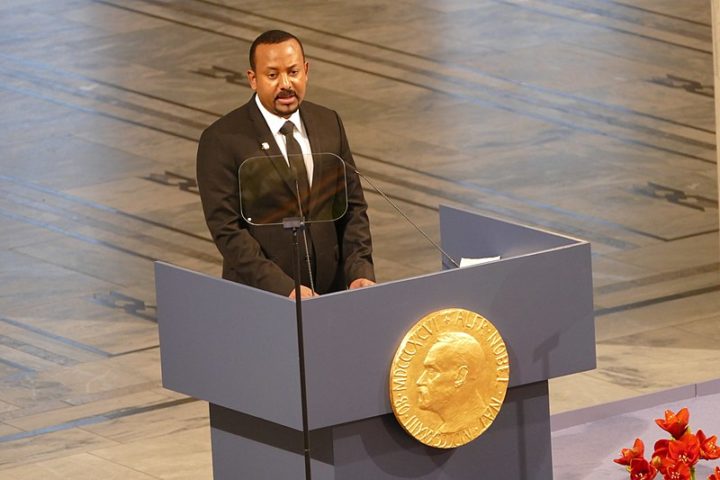The armed conflict which began on 4 November 2020 between the central government of Ethiopia and the semi-autonomous province of Tigray—bordering Eritrea and Sudan—has raised fears of a wider conflict. Hundreds of people have already been killed, and the United Nations has warned of a massive refugee flow. Details are difficult to confirm as the central government has cut off all means of communication.
Ethiopia is a federal republic structured in 10 semi-autonomous provinces, largely organized along ethnic lines. Ethnic Tigrayans are some six percent of an estimated 110 million citizens. However, Tigrayans have played an important role in national politics during the last three decades and are relatively well off in a country with a stagnant and disorganized economy. In addition, Tigray has an estimated 250,000 well trained military troops, some of whom are hardened by battle in the war with Eritrea. Thus an armed conflict with the central government could be long and bloody. The U.N. Secretary-General Antonio Guterres has called for a de-escalation of the fighting and a start to efforts for the peaceful resolution of the conflict. However, as of now, there have been no signs of a willingness to negotiate.
The conflict arises from a classic issue in highly diverse federal governments: the division of political and economic power between the central government and the provinces or states. The central government is led by Abiy Ahmed who came to power in 2018. The Tigray leadership has been critical, stating that the central government wants to centralize power and has neglected Tigray. Some of the leaders of the other provinces agree and are also making demands for greater autonomy.
Tensions came to a head in September 2020 when elections for the parliament of Tigray were held against the wishes of the federal government who wanted all elections postponed due to the Covid-19 health crisis. Thus, the central government said that the elections were “illegal”. Tigray replied by saying that it was claiming independence and wanted to leave the Ethiopian federation, a possibility, depending on the interpretation of the Ethiopian constitution. The central government then began to attack Tigray’s cities with fighter jets.
Obviously, war is not the best way to deal with the tensions of authority within federal structures. But we have seen the violence that grew out of the same issues in the former Yugoslavia and in the breakup of the former Soviet Union. At this stage, we must support the call of the U.N. Secretary-General for a ceasefire and the start of negotiations in good faith.










